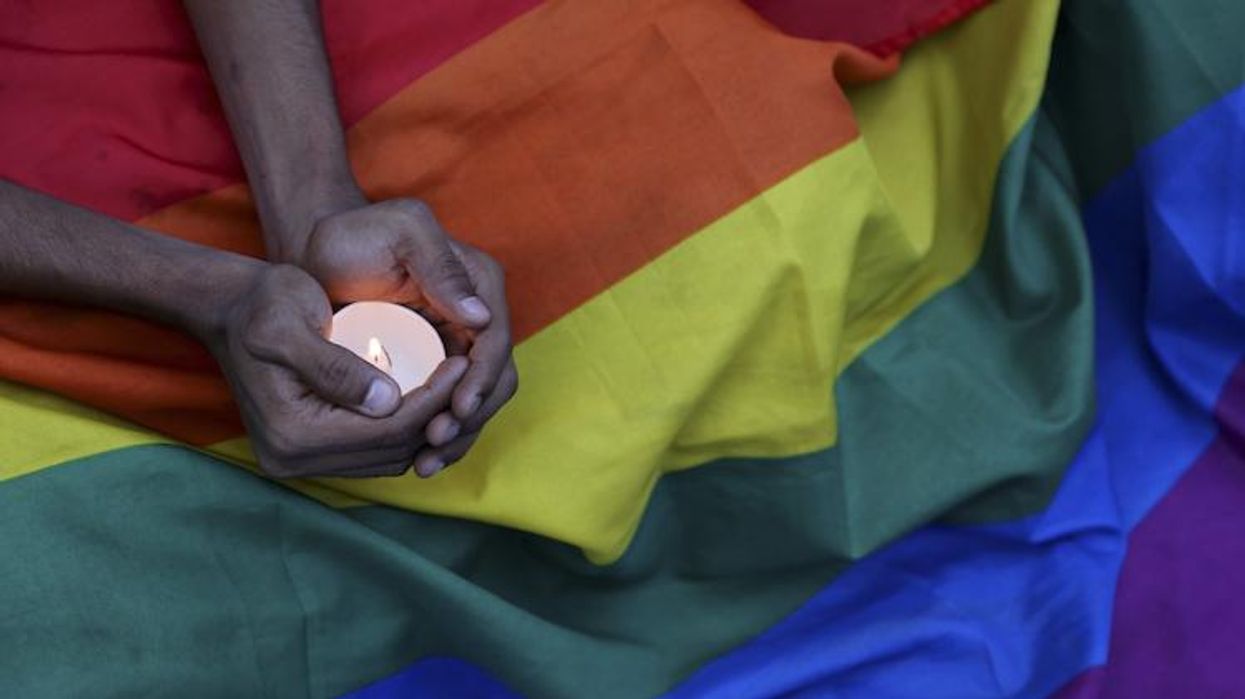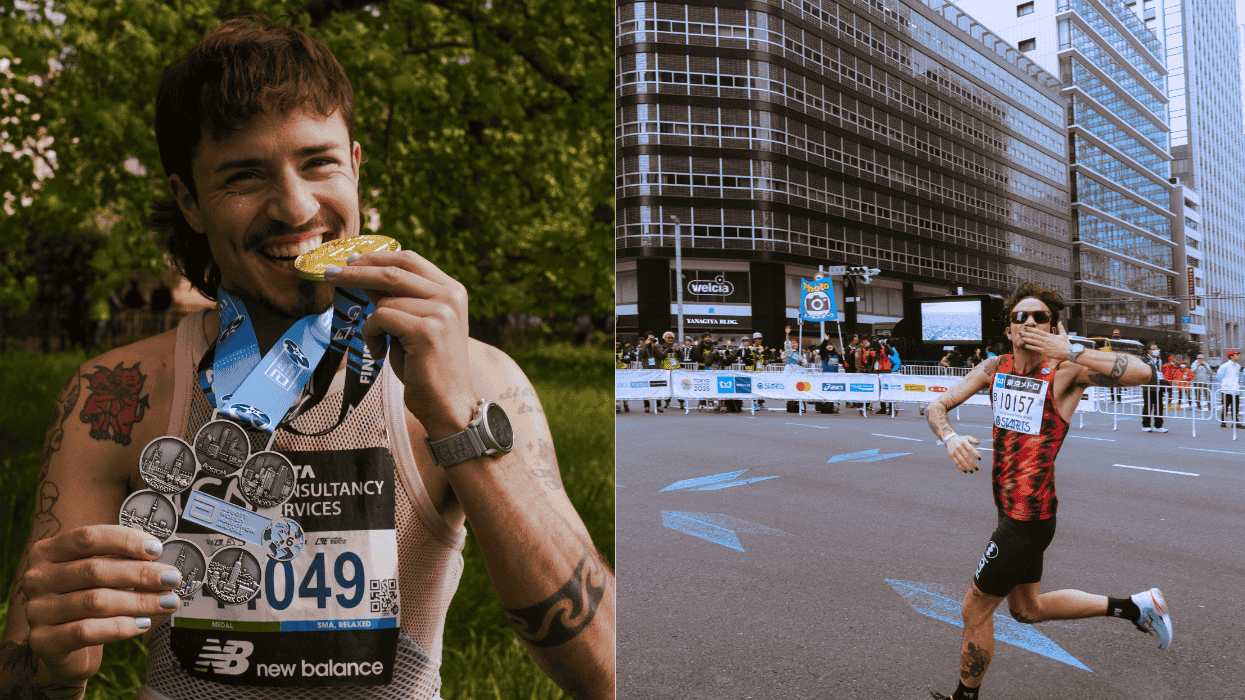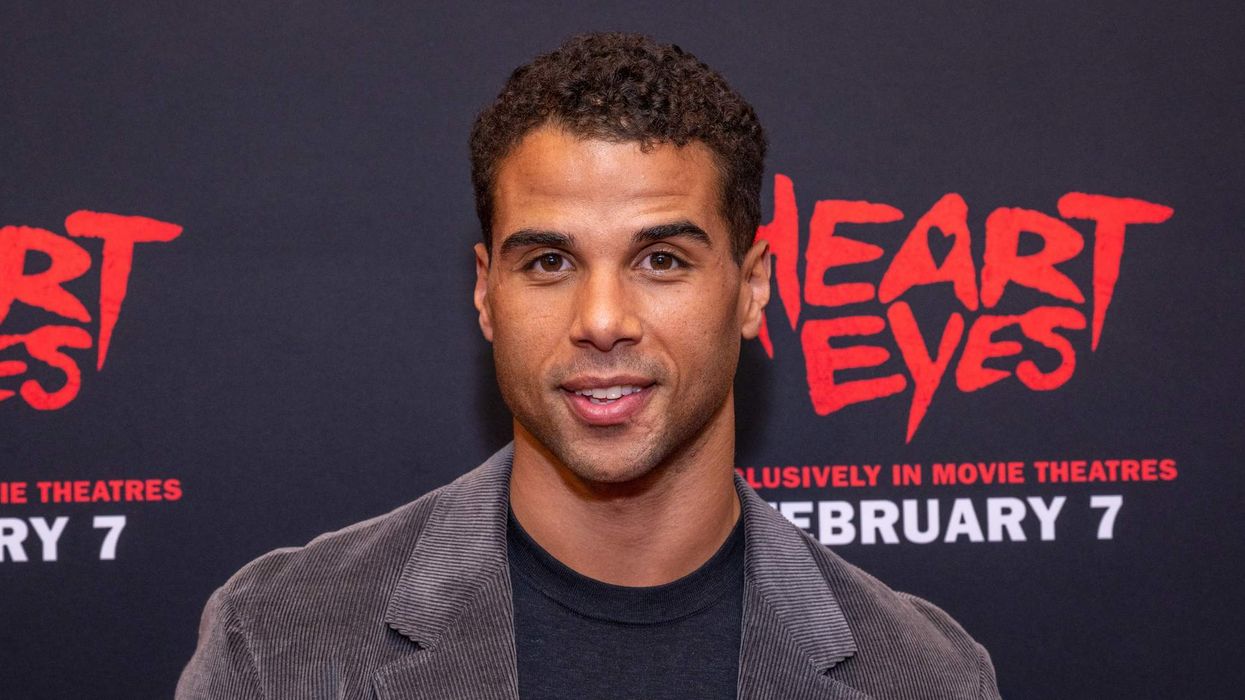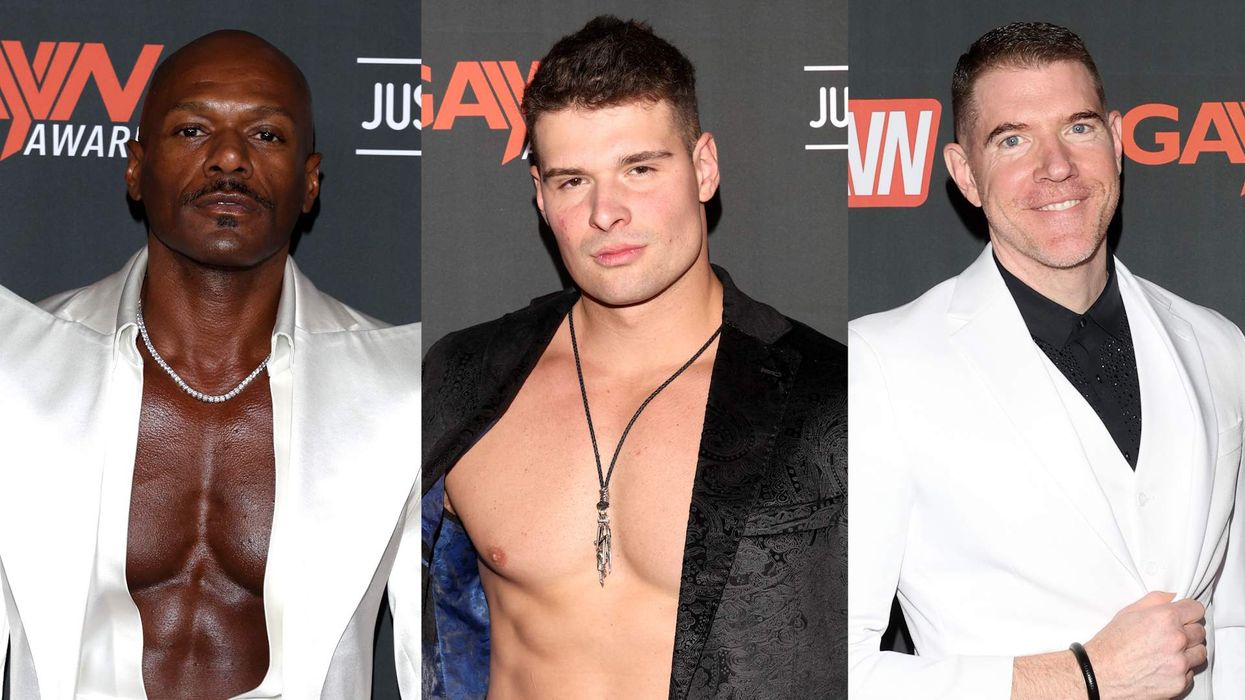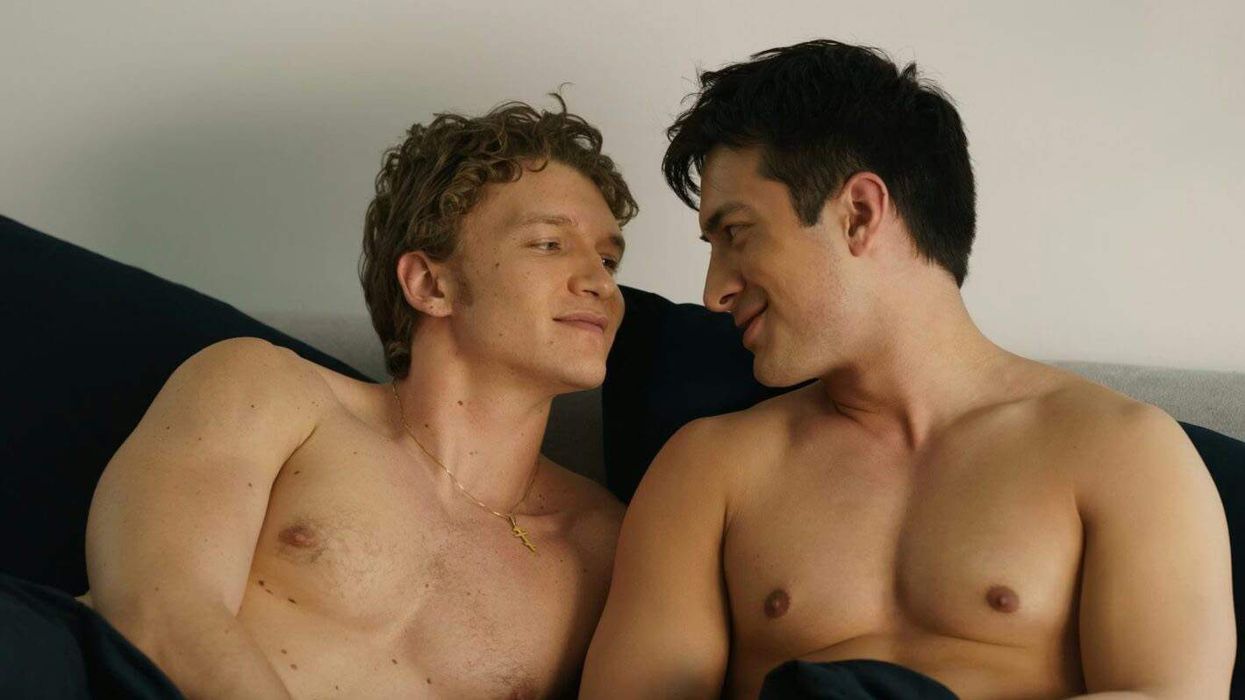Toronto's LGBTQ+ community plans on hosting multiple vigils this week to mourn the deaths of those killed by accused serial killer Bruce McArthur.
McArthur was charged on January 18 with two counts of murder in connection with the deaths of Selim Esen and Andrew Kinsman, and on January 29 was charged with three more counts of murder for the deaths of Majeed Kayhan, Dean Lisowick, and Soroush Mahmudi. Kinsman's remains were found on McArthur's property along with those of at least six other people. Men had been disappearing from Toronto's Church-Wellesley neighborhood, also known as the Gay Village, for years.
Haran Vijayanathan, executive director of the Alliance for South Asian AIDS Prevention in Toronto, said the investigation only took off when Kinsman was found. "Unfortunately, it had to take the disappearance of Andrew Kinsman, a white man who was such a community pillar, to reopen the investigation and make these links," Vijayanathan said in an interview with the New York Times. "The police didn't account for cultural and religious stigma. A lot of people live double lives."
LGBTQ+ advocates in Toronto have been questioning whether or not the police had done enough to investigate crimes against their community.
"The symptom is missing and murdered people," said Nicki Ward, a member of the neighborhood association for Church-Wellesley, told the New York Times. "The disease is how police manage the job of taking care of the community."
The distrust between the community and the police has run back decades. Police raids on Toronto's gay bathhouses in 1981 engendered turmoil. Last year, the organizers of Toronto pride barred uniformed officers from marching in support of #BlackLivesMatter. The treatment of missing men is only the latest pinch of salt in this open wound.
"We are trying to provide as much information as we get it to members of the community without divulging information that might jeopardize the investigation," said Toronto Police spokeswoman Meaghan Grey in response to the LGBTQ+ community's criticism. "We know they are struggling, in light of the incident, and we know our relationship has ebbed and flowed over the years with the community."
"There is a need for solidarity in the community," said Soofia Mahmood, a member of The 519 said in an interview with CNN. "We need to come together to celebrate the community and heal together."


